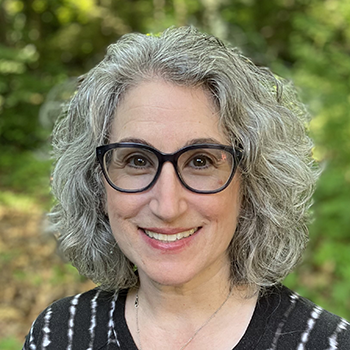I am planning a ceremony for the unveiling of my mother's grave marker. What do I need to know, including around scheduling?
The unveiling ritual is brief and is custom, not Jewish law, so there is a fair amount of leeway regarding content. Typically, we recite Psalm 23, El Maleh Rachamim, the Mourners’ Kaddish, and other readings or poems that resonate with those present or were beloved by the deceased. This explanation of what to expect at an unveiling may help you with your planning.
Although the intent of the ceremony is to honor your mother and dedicate her grave marker, it is appropriate to briefly acknowledge other loved ones who are buried nearby, if that's the case. You might invite one or two friends or family members to share a loving anecdote about your mother, but we advise that neither you nor others eulogize as one does at a funeral.
In terms of scheduling, you will want to avoid Shabbat (Saturdays) and Jewish holidays, when unveilings generally are not held and Jewish cemeteries typically are closed. Confirm the date and time with the cemetery in advance. Often they are juggling multiple funerals; they may prepare the site beforehand by covering the marker with a cloth and having chairs, water, and a bag of yarmulkes and prayer pamphlets available; and there may be rules about placing stones on the marker. If it is permitted, they may provide stones for that purpose.
Give to the URJ
The Union for Reform Judaism leads the largest and most diverse Jewish movement in North America.

